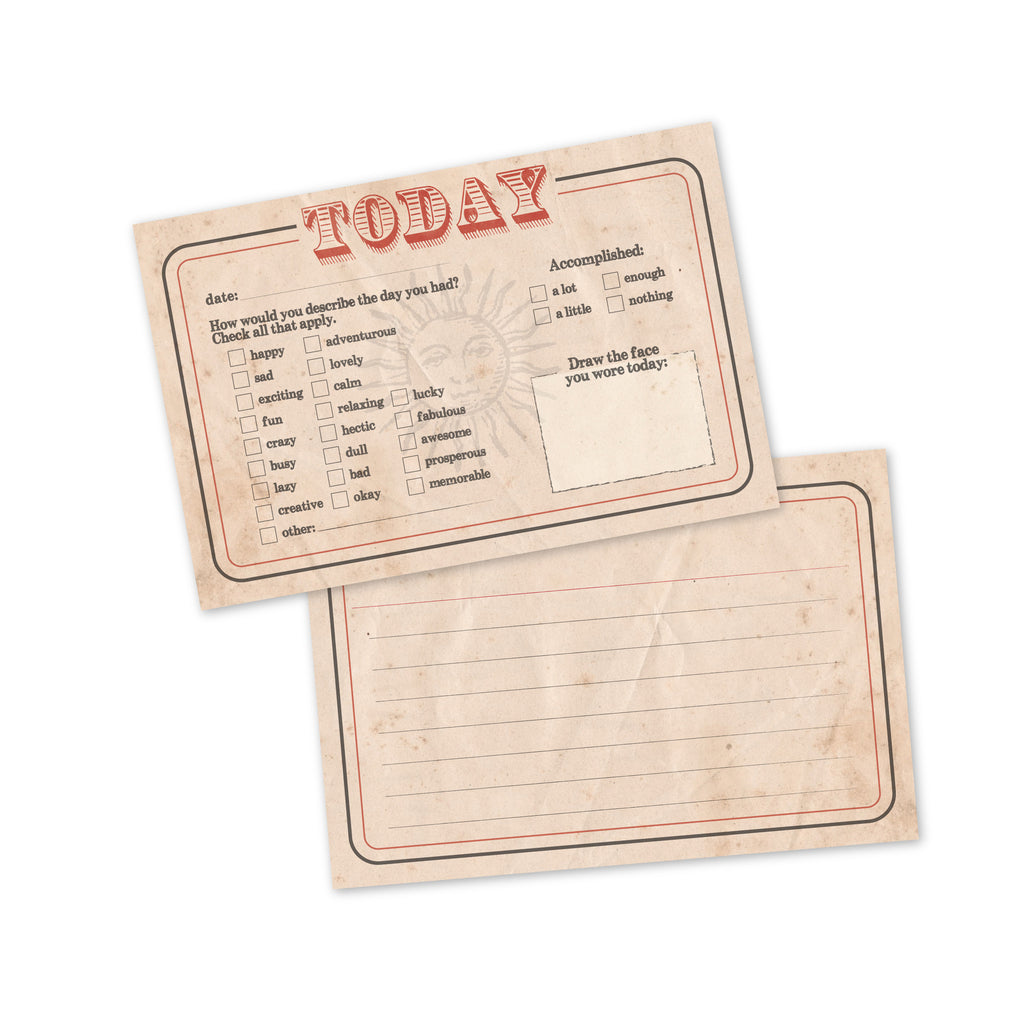Reply to @Edmund https://forum.zettelkasten.de/discussion/comment/21907/#Comment_21907
Doto's book is the best and tightest yet for explaining both how to implement a Luhmann-artig zettelkasten as well as why along with the affordances certain elements provide. He does a particularly good job of providing clear and straightforward definitions which have a muddy nature in some of the online spaces, which tends to cause issues for people new to the practice. Sadly, for me, there isn't much new insight due to the amount of experience and research I bring to the enterprise.
I do like that Doto puts at least some emphasis on why one might want to use alphanumerics even in digital spaces, an idea which has broadly been sidelined in most contexts for lack of experience or concrete affordances for why one might do it.
The other area he addresses, which most elide and the balance gloss over at best, is that of the discussion of using the zettelkasten for output. Though he touches on some particular methods and scaffolding, most of it is limited to suggestions based on his own experience rather than a broader set of structures and practices. This is probably the biggest area for potential expansion and examples I'd like to see, especially as I'm reading through Eustace Miles' How to Prepare Essays, Lectures, Articles, Books, Speeches and Letters, with Hints on Writing for the Press (London: Rivingtons, 1905).
I could have had some more material in chapter 3 which has some fascinating, but still evolving work. Ideas like interstitial journaling and some of the related productivity methods are interesting, but Doto only barely scratches the surface on some of these techniques and methods which go beyond the traditional "zettelkasten space", but which certainly fall in his broader framing of "system for writing" promise.
Doto's "triangle of creativity", a discussion of proximal feedback, has close parallels of Adler and Hutchins' idea of "The Great Conversation" (1952), which many are likely to miss.
For those who missed out, Dan Allosso has posted video from the sessions at https://lifelonglearn.substack.com/ Sadly missing, unless you're in the book club, are some generally lively side chat discussions as the primary video discussion was proceeding. The sessions had a breadth of experiences from the new to the old hands as well as from students to teachers and everywhere in between.


